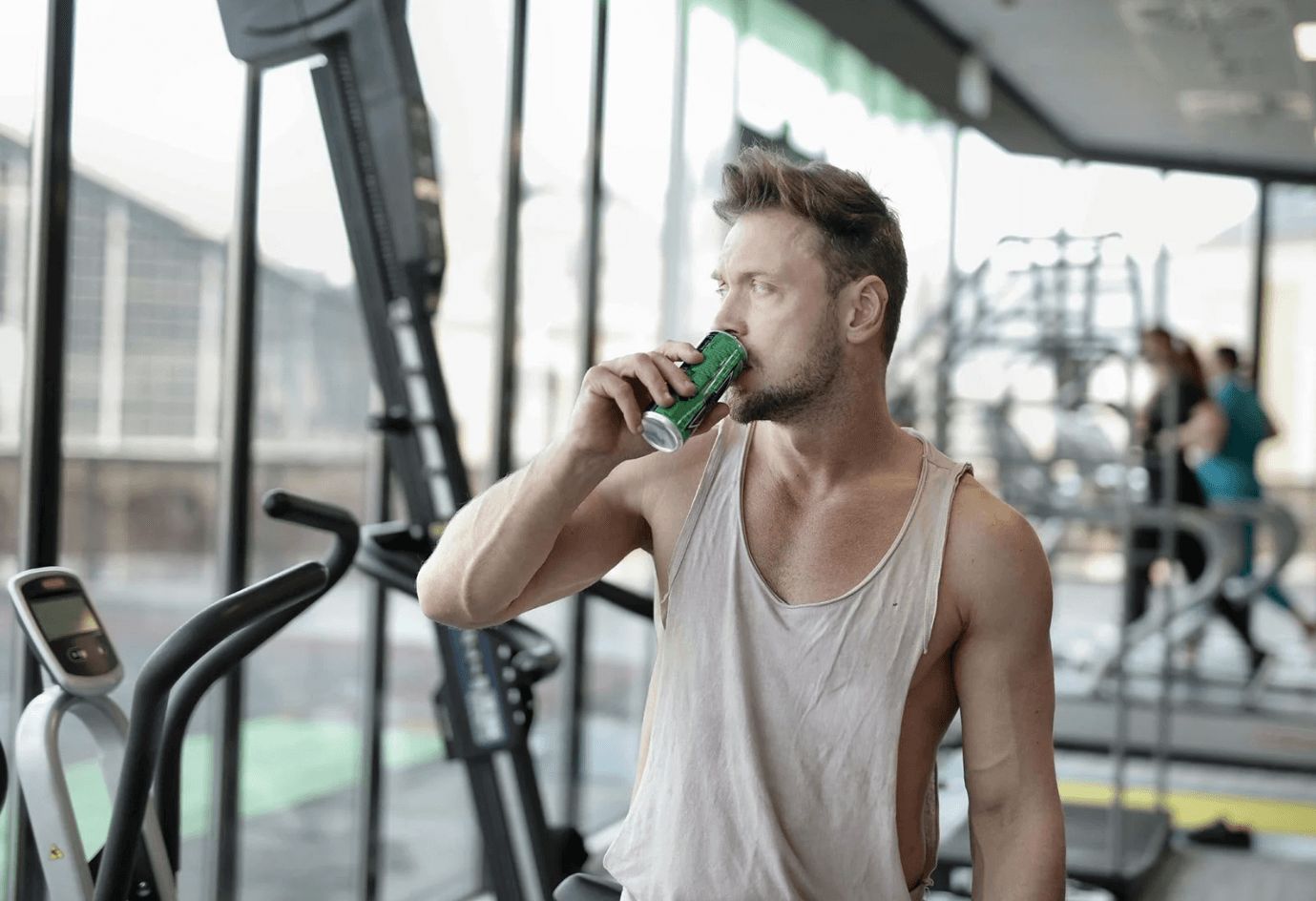- Thriving Guide
- Posts
- Reasons Energy Drinks May Leave You More Tired
Reasons Energy Drinks May Leave You More Tired
They promise a quick pick-me-up, but energy drinks can leave you feeling more drained than energized here’s why.

Energy drinks may seem like a go-to solution for sluggish mornings or long workdays, but many people find that after the initial buzz wears off, they’re left feeling even more tired than before. If you’ve ever wondered why your energy crashes after sipping one, you’re not alone and science offers several explanations.
From dehydration to disrupted sleep, here’s why energy drinks might be doing more harm than good when it comes to your long-term energy levels.
1. Dehydration
Energy drinks are loaded with caffeine, a known diuretic that can increase urine output and contribute to dehydration if you’re not drinking enough water. Even mild dehydration can leave you feeling sluggish, dizzy, and foggy-headed.
Early signs of dehydration include:
Fatigue
Dry mouth
Dark yellow urine
Headaches
Muscle cramps
In more severe cases, dehydration can lead to confusion, fainting, and rapid heartbeat all of which impact your energy and mental clarity.
2. Sugar Crash
Many popular energy drinks contain large amounts of sugar, often in the form of glucose, fructose, or high-fructose corn syrup. After you drink one, your blood sugar spikes followed by a sharp drop known as a “sugar crash.”
This sudden dip in blood glucose, known as reactive hypoglycemia, typically happens within 1–2 hours of consumption. Symptoms include:
Low energy
Brain fog
Mood swings
Drowsiness
Over time, repeated sugar crashes can throw your metabolism off balance and leave you feeling more fatigued throughout the day.
3. Caffeine Withdrawal
If you regularly rely on energy drinks for a boost, you may unknowingly be building a dependence on caffeine. And when you skip your usual dose or try to cut back, withdrawal symptoms can set in including tiredness, irritability, and headaches.
Common symptoms of caffeine withdrawal:
Fatigue and drowsiness
Difficulty concentrating
Nausea or upset stomach
Mood changes
This withdrawal cycle makes it harder to function without caffeine and can lead to a reliance that perpetuates fatigue over time.
4. Caffeine Tolerance
Caffeine works by blocking adenosine, a chemical in your brain that makes you feel sleepy. But over time, your body can become desensitized to its effects. This means you may need more caffeine to feel alert and even then, you might not experience the same lift.
As your caffeine tolerance increases, so can your fatigue. Instead of boosting energy, your go-to energy drink might leave you feeling just as tired as before.
5. Sleep Disruption
The immediate effects of an energy drink may keep you awake but they often come at the cost of your future rest. Caffeine has a half-life of about five hours, which means if you drink one mid-afternoon, it can still be in your system at bedtime.
High caffeine intake has been linked to:
Difficulty falling or staying asleep
Reduced sleep quality
Nighttime awakenings
Daytime sleepiness
The result? A cycle of poor sleep and reliance on caffeine, which can ultimately leave you feeling more depleted.
How Energy Drinks Work (And Why They Don’t Always Help)
Most energy drinks contain between 80 and 150 mg of caffeine per 8-ounce serving similar to a strong cup of coffee. They often include other stimulants and additives like:
Taurine
B vitamins
Ginseng
Creatine
While these ingredients are meant to enhance energy or focus, their long-term effects aren’t well understood. The immediate boost is often short-lived, followed by a slump that can be hard to shake.
Who Should Avoid Energy Drinks?
Energy drinks aren’t recommended for everyone especially those with conditions that may be worsened by caffeine. This includes individuals who are:
Pregnant or breastfeeding
Diagnosed with anxiety, insomnia, or high blood pressure
Living with heart disease or ulcers
Taking asthma medications or other stimulants
Even healthy individuals should be cautious of drinking energy drinks too often, especially in combination with alcohol or exercise.
Healthier Ways to Boost Energy Naturally
You don’t need to rely on caffeine to feel awake and alert. Here are a few science-backed alternatives:
Hydrate: Dehydration is a common cause of fatigue. Aim for at least 8 cups of water per day.
Prioritize sleep: Strive for 7–9 hours of quality rest each night.
Exercise regularly: Even 15 minutes of light movement can boost energy.
Eat balanced meals: Focus on steady energy from complex carbs, protein, and healthy fats.
Manage stress: Try mindfulness, deep breathing, or journaling to prevent emotional exhaustion.
Limit alcohol and caffeine: Both can interfere with your sleep and zap your energy.
The Bottom Line
Energy drinks may promise a fast energy boost, but they often deliver the opposite dehydration, sugar crashes, sleep problems, and caffeine dependence that can leave you more exhausted than before. If you find yourself in a cycle of fatigue and stimulation, it may be time to rethink your energy sources.
If you found this article helpful, share it or subscribe to our newsletter for more science-backed health advice.